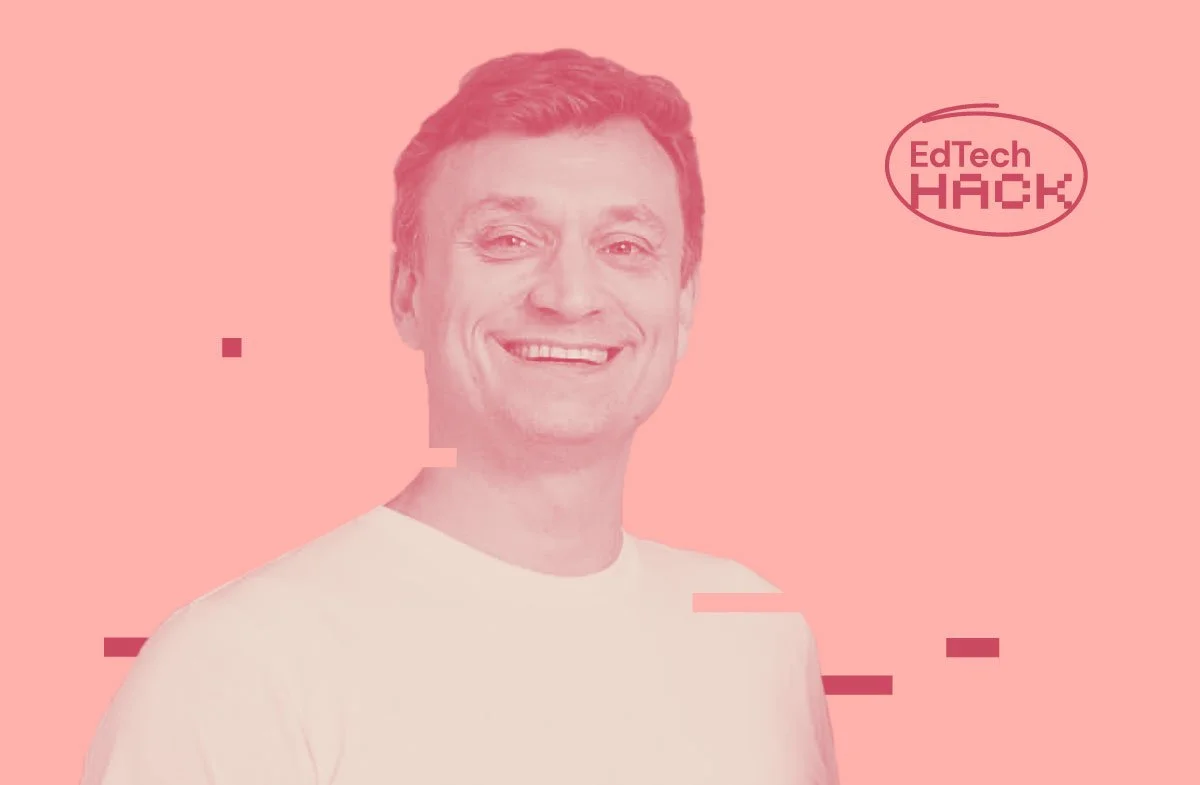Investor’s perspective: 4 questions to Yrjö Ojasaar
Yrjö Ojasaar is a tech-startup CEO, angel investor, venture advisor, public speaker and the list might as well go on. We managed to get a hold of him for a second and ask a few questions to help our education hackers along their way of building the best possible solutions to help us teach and learn in a more effective way.
Why is educational innovation important for you?
Nelson Mandela has once said that education is the most powerful weapon to change the world. As such, edtech is the tool for promoting equality of opportunity, individual freedoms and diversity across the globe. Education has the capacity to bring new opportunities and development, and edtech makes it possible to distribute these benefits much more broadly.
Education has the capacity to bring new opportunities and development, and edtech makes it possible to distribute these benefits much more broadly.
Do you feel investors and innovators have not just yet understood the importance of investing into edtech?
Every investor, after the first week of homeschooling with their kids during the current pandemic, should have realised how important edtech is. Some investors who had never done investments in education technology before were making bets on edtechs after 2020. This change is clear from the statistics: investments in edtech hit $3.2 billion in the first half of 2021 as compared to 2.2 billion for the entire 2020!
Do you feel investors are into short-term profit rather than long-term impact?
Venture Capital funds’ profits are calculated at the end of a 10 year fund period. Often the funds' 10 year periods are further extended by several years to allow the companies additional time to grow and develop. In that sense VCs, unlike many retail investors, are investing very much into long-term impact and long-term profits.
What is the one mistake edtech entrepreneurs make when pitching? Which advice would you give them?
Many edtech startups have not fully thought through their potential business models and just assume that teachers and schools will pay for their services. The reality is that the vast majority of teachers and schools are already stretched very thin and have very little money and time to add more edtech apps and platforms to their learning path. My advice for edtechs would be to think through potential innovations in business models, and who would pay for the services and how.
My advice for edtechs would be to think through potential innovations in business models, and who would pay for the services and how.
EdTech Hack 2022 | October 14–16 | Online
Startup Estonia and EdTech Estonia are looking for innovative and sustainable ideas that could change the world of education. Join the EdTech Hack on October 14–16, form a team and develop a prototype for your idea in 48 hours!
Learn more and register: https://hack.edtechestonia.org

